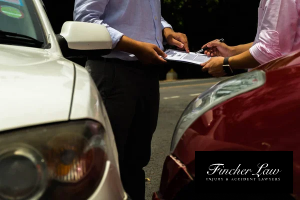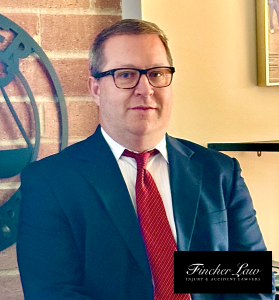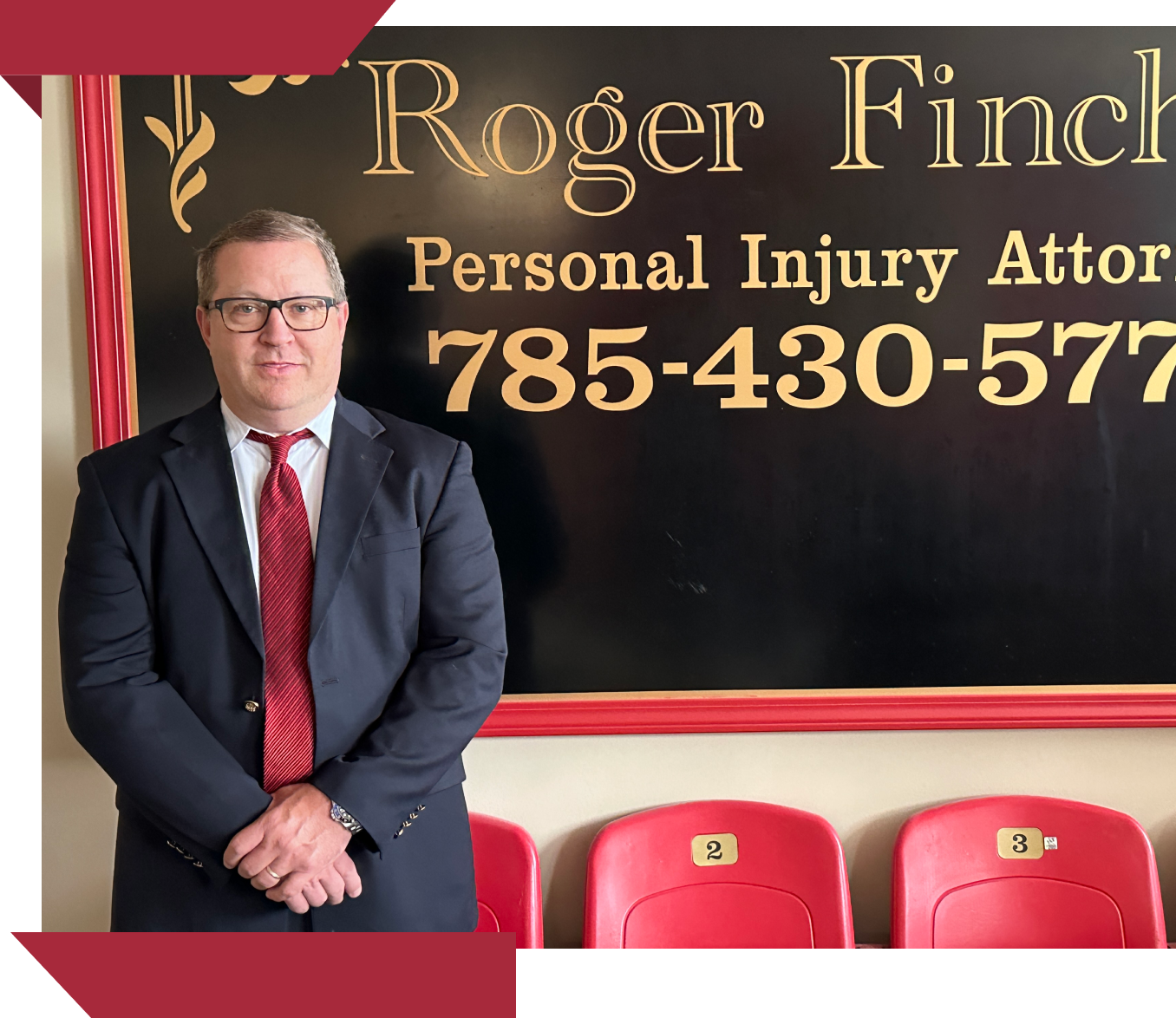
After a car accident in Kansas, one of the pressing questions you might have is about the timeline for settling your case. Every car accident case is unique, with its facts and legal issues, which means the time to settle can vary significantly. Knowing the factors that impact the duration of settlements can help set realistic expectations.
The duration of a car accident claim in Kansas depends on several variables. They include the complexity of the case, the injuries, and the insurance companies. While some cases settle within a few months, others can take years, especially if they go to court. It's essential to reach maximum medical improvement before settling. This ensures all future medical treatment is accounted for. Partnering with an experienced car accident attorney from Fincher Law Injury & Accident Lawyers will help streamline the process in Kansas City.
A handful of factors are crucial in determining how long it will take to settle a car accident case in Kansas. Understanding these issues can help expedite the expected timeline. It can also assist in planning the steps forward.
The more serious the injuries, the longer it might take to settle. Cases involving severe injuries require thorough medical evaluation. This is necessary to determine the extent of the damages. It will also guide the expected future medical treatment. This process ensures the settlement covers all medical bills and compensates for long-term care or lost wages. Cases with challenging legal issues or disputes over fault can also extend the timeline. They often require detailed investigation and negotiation.
In addition, reaching maximum medical improvement (MMI) is crucial before finalizing a settlement. MMI occurs when patients have recovered as much as expected, and their medical condition is stable. Settling before reaching MMI could result in compensation that only partially covers all medical needs. This is very true of severe injuries that require ongoing treatment.
Insurance companies can heavily impact the settlement process. Their willingness to negotiate and the speed at which they process claims can significantly affect the duration. Some insurance carriers may quickly acknowledge their policyholder's fault and work towards a fair settlement. Others might delay negotiations or dispute claims, leading to longer settlement times. Whether you have liability coverage or collision coverage, let a lawyer help with your injury claims.
Negotiations with insurance adjusters are a critical part of the settlement process. These discussions can be straightforward or complicated. It depends on the clarity of the fault and the amount of damages claimed. A cooperative insurance company can expedite the settlement. When disputes arise, the timeline gets extended.
The legal procedures and required documentation in Kansas also influence the timeline of car accident settlements. Submitting a car accident lawsuit involves several steps, including gathering evidence, submitting medical records, and possibly going through mediation or court proceedings. Each step must be completed thoroughly to ensure a fair settlement; this attention to detail can take time.
Furthermore, the documentation from medical providers detailing the injuries and treatment is essential for substantiating an injury claim. Gathering these records and evidence of lost wages and other damages requires coordination and can lengthen the settlement process, especially when dealing with multiple medical services and health insurance claims.

Understanding the settlement process can help car accident victims anticipate what's to come and prepare accordingly. The process typically starts with the initial claim filing, followed by negotiations, and, ideally, ends with finalizing the settlement and compensation payout.
The first step after a car crash is to file a claim with the proper insurance carriers. This means providing a detailed description of the accident and any evidence of damages and injuries. The insurance carrier will then investigate the claim. This process can vary depending on the complexity of the accident and the clarity of the facts involved.
After going through the claim, the insurance provider will issue a response. This could be an acceptance of liability and an initial settlement offer, a request for more information, or a denial of the claim. The speed of this response can vary, but prompt and thorough documentation can help expedite the process.
Once the initial response is received, the negotiation phase begins. This is where the settlement details are discussed, including compensation for medical bills, personal injury, lost wages, and other damages. Strong negotiation requires understanding the full impact of the injuries and losses, so comprehensively documenting all medical treatment and expenses is crucial.
Negotiations can be straightforward or protracted, depending on the insurance company's stance and the strength of the evidence. A fair settlement offer should cover all current and future medical expenses, compensate for lost income, and consider pain and suffering. If the offer is too low, further negotiations or legal action may be necessary.
Once a settlement offer is accepted, the final step is to finalize the agreement and receive the compensation. This involves signing a settlement agreement, which typically stipulates that the victim cannot pursue any further claims related to the accident. After the deal is signed, the insurance company will process the payment, which should be received within a specified timeframe.
The settlement agreement should be reviewed carefully before signing to ensure all terms are understood and agreed upon. A lawyer provides guidance and ensures that the settlement is fair and comprehensive.

When you get a settlement offer from the insurer, assessing whether it fully covers your needs is essential. A fair offer should compensate for all medical costs related to the crash, both current and future, as well as lost wages and pain and suffering. Initial offers are not uncommon to be lower than what is fair, as insurance companies aim to minimize their payouts.
Before accepting any offer, please review it carefully with your car accident attorney. They can help determine if the offer is reasonable and advise on whether to accept, negotiate further, or pursue legal action. Remember, once a settlement is received and the agreement is signed, you cannot seek additional compensation later, even if your medical conditions worsen. This is standard across all car accidents.
Even with thorough preparation, complications can arise during the settlement process. Disputes over the severity of injuries, disagreements on the amount of compensation, and challenges in proving fault are common issues that can delay settlements. Being prepared for these complications involves having a comprehensive understanding of your case, including the extent of your injuries and their impact on your life.
Working closely with your car accident lawyer during this time is crucial. They can provide the expertise and support needed to navigate these challenges. We have experience with car accident cases and personal injury protection and will fight for you.

Selecting the right car crash attorney is crucial for navigating the complexities of car accident settlements in Kansas. Fincher Law Injury & Accident Lawyers has the expertise, resources, and dedication to fight for your deserved compensation. Reach out today to schedule a free consultation to discuss your personal injury case.
Schedule Your
Free Consultation



How Can We Help You?
How Can We
Help You?
Schedule a Free Consultation Now By Contacting
Our Team at (785) 430-5770 or by completing the form below
Schedule a Free Consultation Now
By Contacting Our Team
at (785) 430-5770
"*" indicates required fields